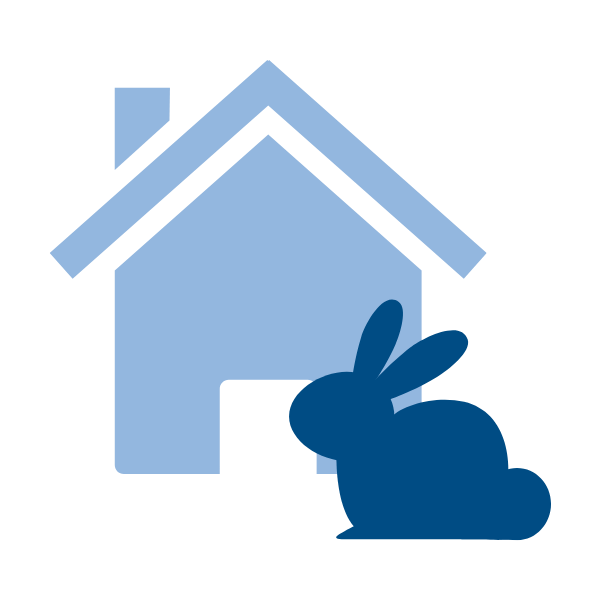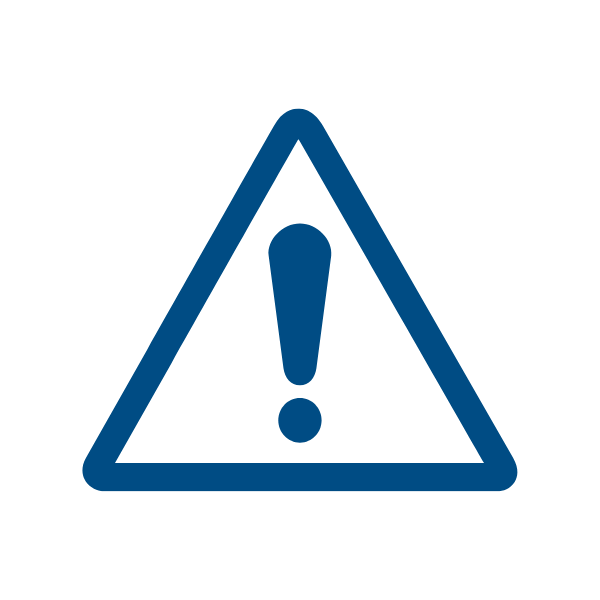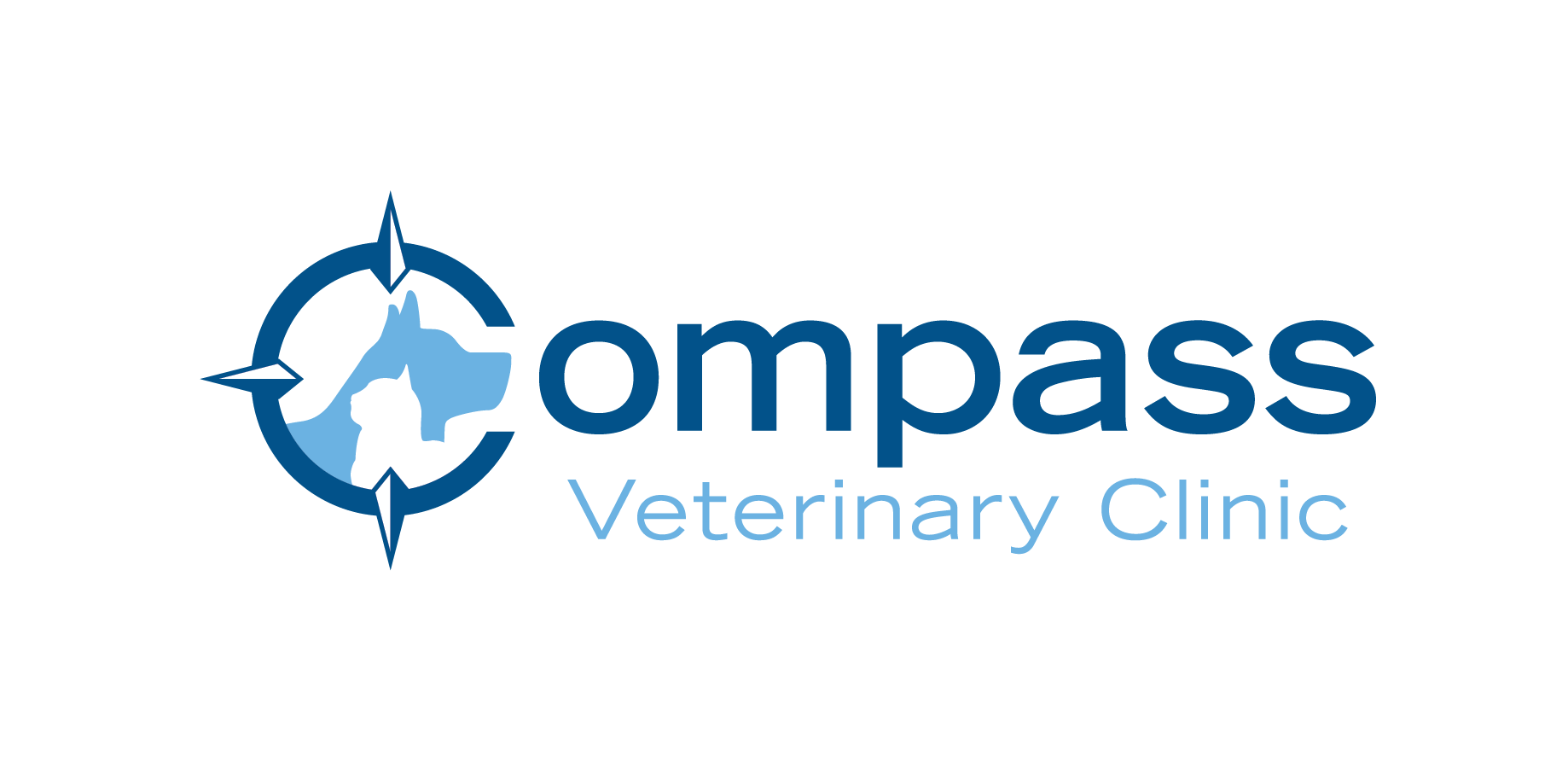VETERINARY SERVICES
Rabbit Hemorrhagic Disease (RHD) Vaccine
At Compass Veterinary Clinic, you can trust that your pets are in great hands. Our compassionate, skillful veterinary staff are here to help when you need us most.
RHD Vaccine in Lake Oswego, OR
Compass Veterinary Clinic offers the Medgene RHDV2 vaccine, to protect your rabbit from Rabbit Hemorrhagic Disease.
Rabbit Hemorrhagic Disease is a devastating, contagious, and almost always fatal disease of rabbits, cottontails, hares, jackrabbits, and pikas. Your indoor pet rabbit is at risk of this disease –you can bring it in from the park or your garden on your shoes or clothing, or it may come into your home on your rabbit’s hay. It survives well in the environment.
All pet rabbits should be vaccinated against this deadly disease. Your rabbit should receive an initial series of two vaccines, three weeks apart, and then should be revaccinated once each year.
For more information about Rabbit Hemorrhagic Disease, please visit the USDA/APHIS Rabbit Hemorrhagic Disease Factsheet.
(We no longer require a photo ID, and can vaccinate rabbits that do not reside in Oregon).
But First…WHAT IS RHD?
RABBIT HEMORRHAGIC DISEASE (RHD)
Rabbit Hemorrhagic Disease (RHD) is a highly contagious, fatal viral disease in rabbits caused by multiple virus strains. RHD is spread between rabbits by direct contact with infected animals or their urine and feces. RHD does not affect humans or other animals.
Symptoms of RHD in rabbits could include:
- Acute/rapid death
- Fever
- Lethargy
- Lack of appetite
- Congested membranes around the eyes
- Nervousness
- Lack of coordination
- Excitement or paddling
- Difficulty breathing
- Bloody, frothy nasal discharge at death

But First…WHAT IS RHD?
RABBIT HEMORRHAGIC DISEASE (RHD)
Rabbit Hemorrhagic Disease (RHD) is a highly contagious, fatal viral disease in rabbits caused by multiple virus strains. RHD is spread between rabbits by direct contact with infected animals or their urine and feces. RHD does not affect humans or other animals.
Symptoms of RHD in rabbits could include:
- Acute/rapid death
- Fever
- Lethargy
- Lack of appetite
- Congested membranes around the eyes
- Nervousness
- Lack of coordination
- Excitement or paddling
- Difficulty breathing
- Bloody, frothy nasal discharge at death
HOW TO PROTECT OUR RABBITS?

Keep your distance
Keep your distance Restrict access to your property and keep your rabbits away from other rabbits.

Keep it clean
Wash your hands thoroughly before and after working with your rabbits. Clean and disinfect equipment.

Don’t haul disease home
Buy rabbits from reputable sources and keep new rabbits separated for at least 30 days.

Don’t borrow disease
Do not share equipment or supplies with neighbors or other rabbit owners. If you must borrow, disinfect it first.

Know the warning signs
Early detection can help prevent the spread of disease.
